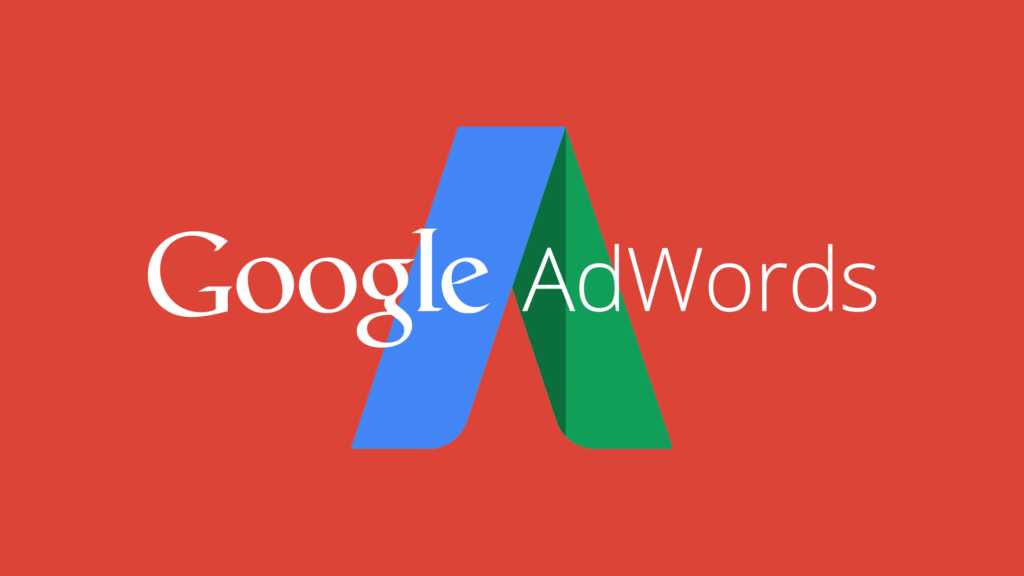I know we started exploring very exciting topics recently – video, email, display ads, social media, but today I will get down to some nitty-gritty AdWords stuff we tend to underestimate, however it can really make our lives easier and help us win auction after auction – the ad extensions. I briefly mentioned this before in my general performance improvement article, but they deserve more attention.
For those of you new in AdWords what is an ad extension?
This is every extra bit of information which gets displayed below the description text of your ad on Google Search like address, telephone site link and etc. I am sure many of you would not be at first excited about this topic, but I believe that this is becoming more and more important for PPC success in Google. A proof is the obvious deep attention of Google to ad extensions and the development of new ones recently.
Why are extensions important? First of all they are part of your Ad Rank calculation. Yes, your position highly depends on whether or not you use ad extensions and how many. The rationale behind this is that an ad with extensions is more clickable, more viewable(bigger) and more useful. As Google is extremely focused on the user’s journey, having a useful ad is making you more trusted advertiser and therefore you are likely to appear higher.
What kinds of Ad Extensions should I use? All of them. If not possible, as many as you can. Every business can take advantage at least of three common types of ad extensions and then I will explain the more “exotic” ones.
- Sitelink Extension. This is simple – just having several links to related products or services below your ad. For example, you are selling fruit. Let’s say your ad is talking about strawberries, Why not include a few other sorts of fruit people tend to look for or buy together with strawberries, like blueberries, raspberries and mulberries. Google recommends that you have et least 4 sitselinks extensions for every ad. However it’s better to have as many as you think are relevant and to test which one performed best. The system will automatically rotate your site link extensions to optimise for clicks or conversions depending on your strategy.
- Callout Exetnsion. A callout is a really simple extension. It’s literally a phrase or even one word. For example: Free Trial, Trusted, Award of 2017 and etc. Located Downtown. This one is not clickable, but it helps you include a few unique selling points on your ad. It’s is great as these might not be related to your keywords. I find it often frustrating that I can not really bid on all the unique points of my business, but with callout extension, I can still show them and earn more credibility.
- Structured Snippet.This is a relatively new feature of Google.You decide what type of information potential customers will find most valuable when considering your products and services by selecting a predefined header (such as “Product” or “Service category”). You then add specific, supporting details to call out. For example, you might be running a theater and you can list the different shows you have.
These three are the absolute must. Bust here are few more which you can include, depending on your business:
- Location extension. An absolute must if you have physical locations. To get this one, you must take the effort to put your business on Google Maps. The locations extension will show not only the address, but also opening times and if the business is open at the moment.
- Calling extension. You can add a phone number on your ad. Recent report shows that 70% of users have called a business from their phone after searching online. With the indisputable rise of mobile search, this makes it really important for business owners to be reachable over the phone. Call from your ad extension costs you as much as a normal click. If calls are really important for you and you can get conversions on the phone there is a way to create call conversion tracking for your business.
- Review Extension. This one can be tricky, as the review must exist on an independent reliable website and it must pass approval from Google when first posted as an extension. However if you have reviews about you on websites like newspapers, yelp, Google plus you should not be shy to use them in ads
- Message extensions. These are similar to call extensions but provide you with the opportunity to send a text to enquire. It might be worth, but you out have it connected to a single number, so choose wisely who will be responding to random messages from Google.
- App extensions. This is great if you have an app you would like to advertise together with your main service. However if your goal is app downloads, you can create a special ad to encourage app downloads only.
- Price extension. This is a new one. I have not used it yet, but it is applicable to business with relatively low price products and especially commences.
- Affiliate location extension. It’s particularly useful if you are selling your product in big stores and you want to direct customers to the stores websites. For now, only available in the US.
So how many of these can you take? I would recommend to try as many as possible for your business and not to make assumptions that this or that would not work. After all, this is how discoveries are made and performance improved. This is all from me this week and happy advertising!
More on successful search ad copy here

